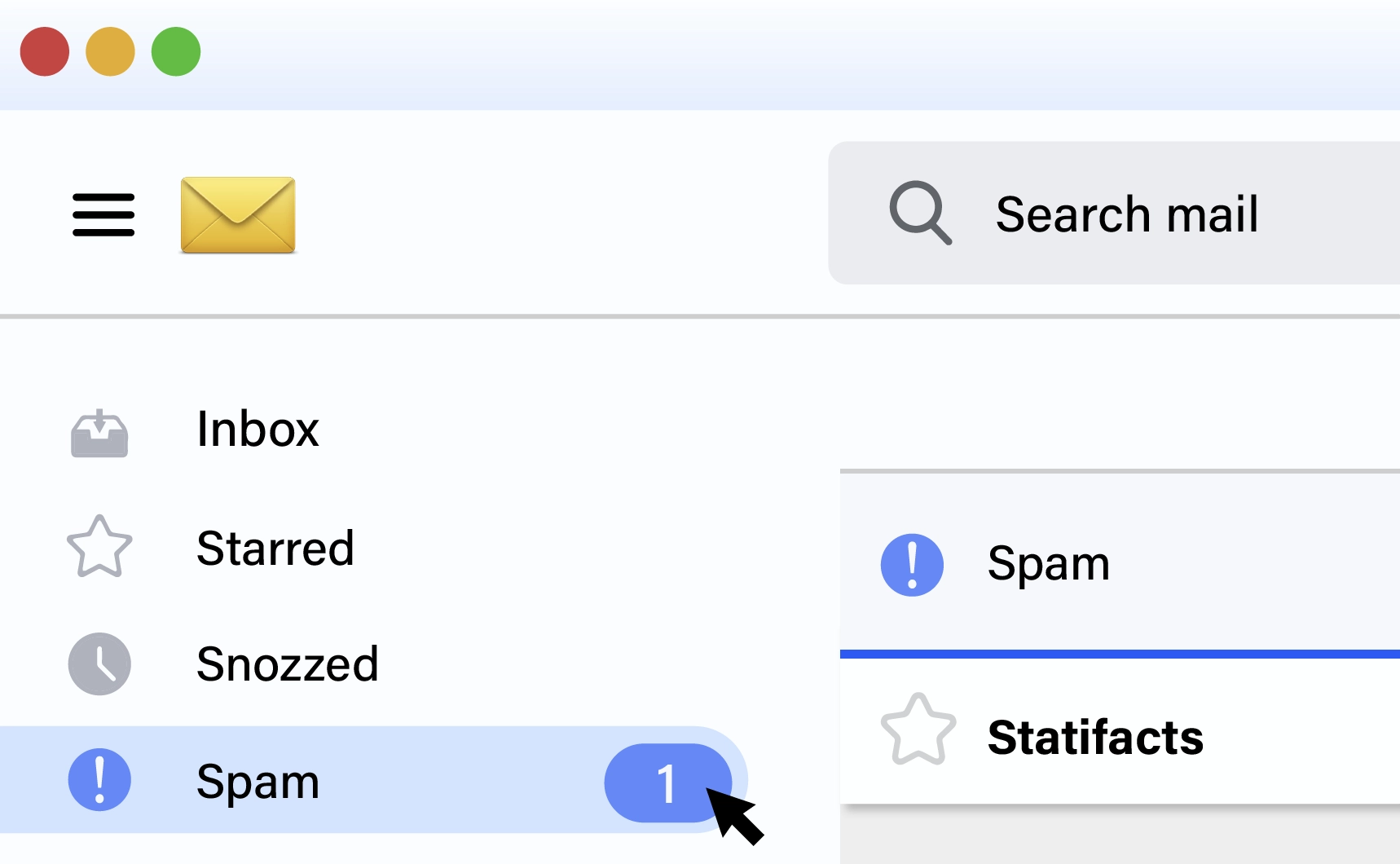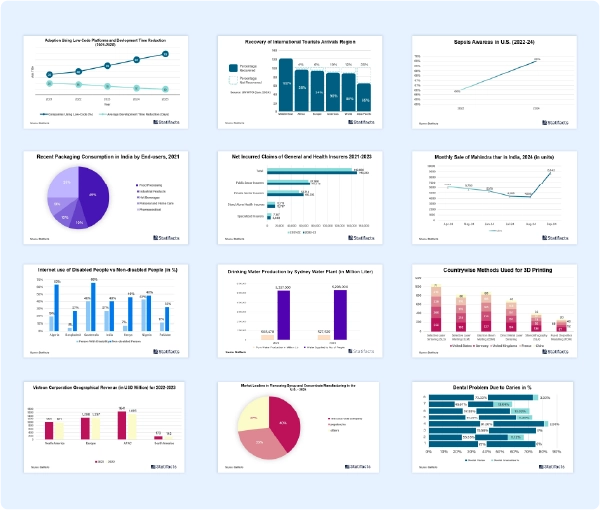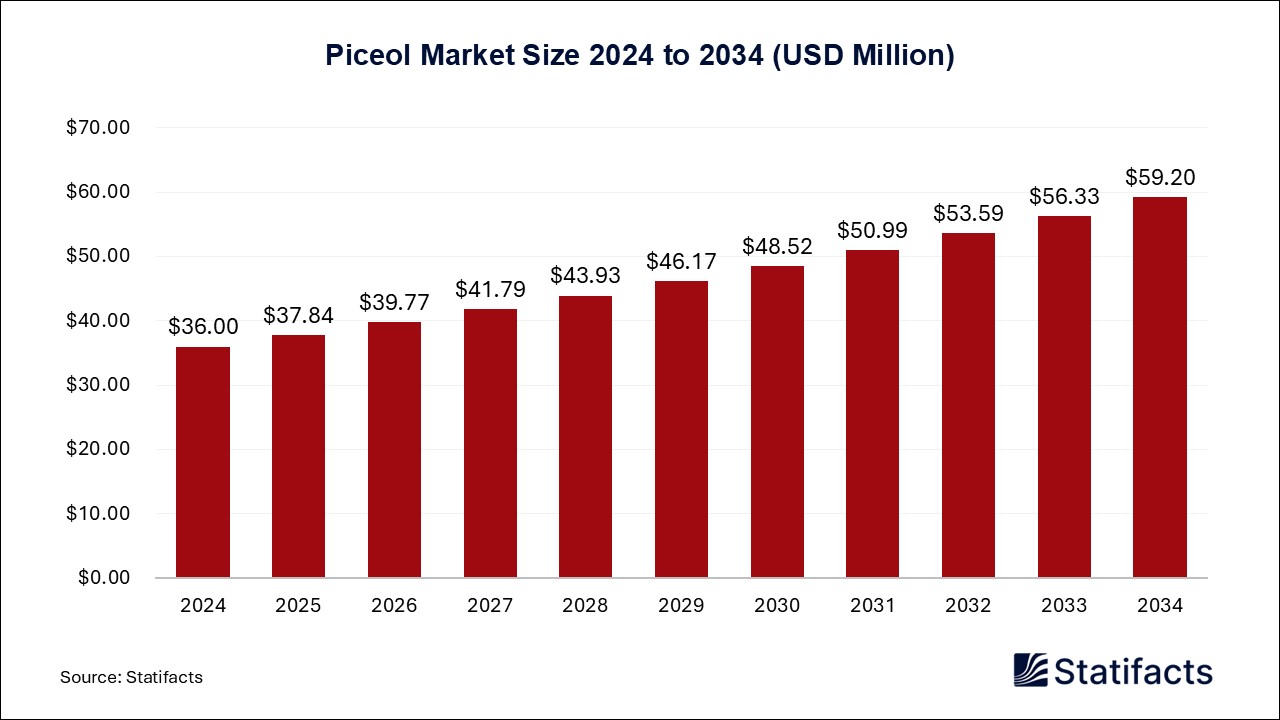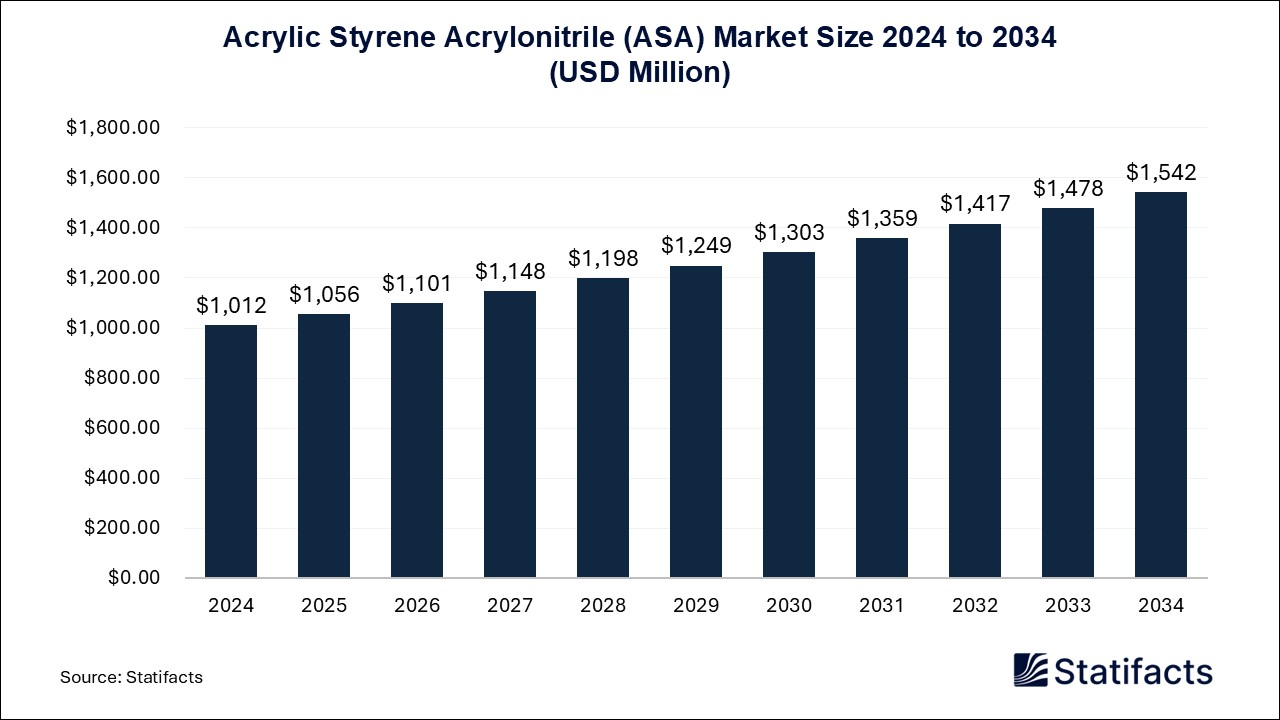

Our customers work more efficiently and benefit from
The global immunotherapy drugs market size surpassed USD 270.4 billion in 2024 and is predicted to reach around USD 1,427.27 billion by 2034, registering a CAGR of 18.1% from 2025 to 2034.
| Industry Worth | Details |
| Market Size in 2025 | USD 270.4 Billion |
| Market Size by 2034 | USD 1,427.27 Billion |
| Market Growth Rate from 2025 to 2034 | CAGR of 18.1% |
The immunotherapy drugs market deals with the synthesis and distribution of therapeutics that engage the body's immune system to fight cancer and allergies. They operate by stimulating or improving the body’s natural defenses against disorders. As the number of known carcinogens such as microplastics continues to rise in the environment, rates of cancer also follow, leading to a growing need for effective and less invasive treatment options, boosting the market for immunotherapy drugs.
Immunotherapy has revolutionized cancer care by providing targeted treatments with possibly fewer side effects than traditional therapies. Clinical trials are yielding results with researchers now looking to develop certain classes of drugs to treat inflammation, which increases the efficacy of immunotherapies. One of these recent clinical trials found that adding a JAK inhibitor to an immune checkpoint inhibitor is leading to massive shrinkage of tumors in more than half of the individuals.
New breakthroughs in biotechnology, such as the development of monoclonal antibodies, gene editing tools, and recombinant DNA technology, have upgraded the efficacy and accuracy of immunotherapy drugs. These advancements are helping researchers develop targeted treatments that improve immune responses against cancer and other immuno-disorders. The progress in genomic research assists in detecting tumor-specific neoantigens, allowing physicians to tailor immunotherapy approaches based on their patients’ genetic profiles. Modern biotechnological methods allow drug manufacturers to produce complex biologics with enhanced stability, reducing side effects and improving treatment outcomes.
Both government and private entities are increasing funding for immunotherapy research, with some federal agencies allowing for faster regulatory approvals for new drugs. This is another major reason for market expansion in this space. Due to the increased use of therapeutics and treatment, the demand for products from pharmaceutical firms is going up. Biotechnology firms and venture capitalists have also accelerated research and development in immunotherapy.
This funding is being used to create innovative treatments, clinical trials, and enhanced treatment results, fueling market growth. This strong financial backing has enabled the rapid development of immunotherapy drug pipelines. As more drugs successfully pass clinical trials and receive approvals from regulatory bodies, the market gains momentum, leading to frequent product launches and enhanced accessibility for the global South through exports.
Despite these factors leading to growth in the immunotherapy drugs market, the cost of treatments, especially for advanced therapeutics, continues to remain expensive due to complex research, development, and manufacturing processes. This restricts accessibility, especially in developing regions. Immunotherapy may not be effective for all patients, mainly those with specific genetic profiles or weak immune responses, which restricts its widespread success. In emerging markets, limited awareness about immunotherapy treatments and inadequate healthcare infrastructure hinder adoption rates.
In comparison to conventional techniques, artificial intelligence algorithms are more effective in identifying possible immunotherapy targets by analyzing large biological datasets. This accelerates the identification of new biomarkers, immunological checkpoints, and cancer antigens. AI helps in the analysis of tumor features, immunological responses, and genetic profiles to customize immunotherapy treatments for everyone. This lowers side effects and increases treatment success rates. By finding qualified candidates, forecasting results, and enhancing patient stratification using biomarkers, AI simplifies the design of clinical studies. This speeds up drug approvals and lowers trial expenses. Artificial intelligence (AI) systems examine patient data from wearable technology, electronic health records (EHRs), and other sources to monitor treatment results and improve immunotherapy tactics. Oncologists can choose the best medications by using predictive models to predict how particular patients will react to immunotherapies.
Immunotherapy has emerged as an innovative treatment option, leveraging the body’s immune system to fight diseases like autoimmune disorders, cancer, and infectious conditions. Cancer immunotherapy remains the largest segment within the market, with increasing adoption of immune checkpoint inhibitors, monoclonal antibodies, and CAR T-cell therapies. New immunotherapy combinations are being developed as research deepens, improving treatment efficacy. Expanding approvals for non-small cell lung cancer and blood cancers are expected to drive market expansion. Pharmaceutical giants invest heavily in immunotherapy R&D, forming strategic partnerships to increase the size of their portfolios.
Published by Kesiya Chacko , March 2025
For any questions about this dataset or to discuss customization options, please write to us at sales@statifacts.com
| Stats ID: | 8074 |
| Format: | Databook |
| Published: | March 2025 |
| Delivery: | Immediate |
| Price | US$ 1550 |


| Stats ID: | 8074 |
| Format: | Databook |
| Published: | March 2025 |
| Delivery: | Immediate |
| Price | US$ 1550 |

You will receive an email from our Business Development Manager. Please be sure to check your SPAM/JUNK folder too.

Unlock unlimited access to all exclusive market research reports, empowering your business.
Get industry insights at the most affordable plan
Stay ahead of the competition with comprehensive, actionable intelligence at your fingertips!
Learn More Download
Download

